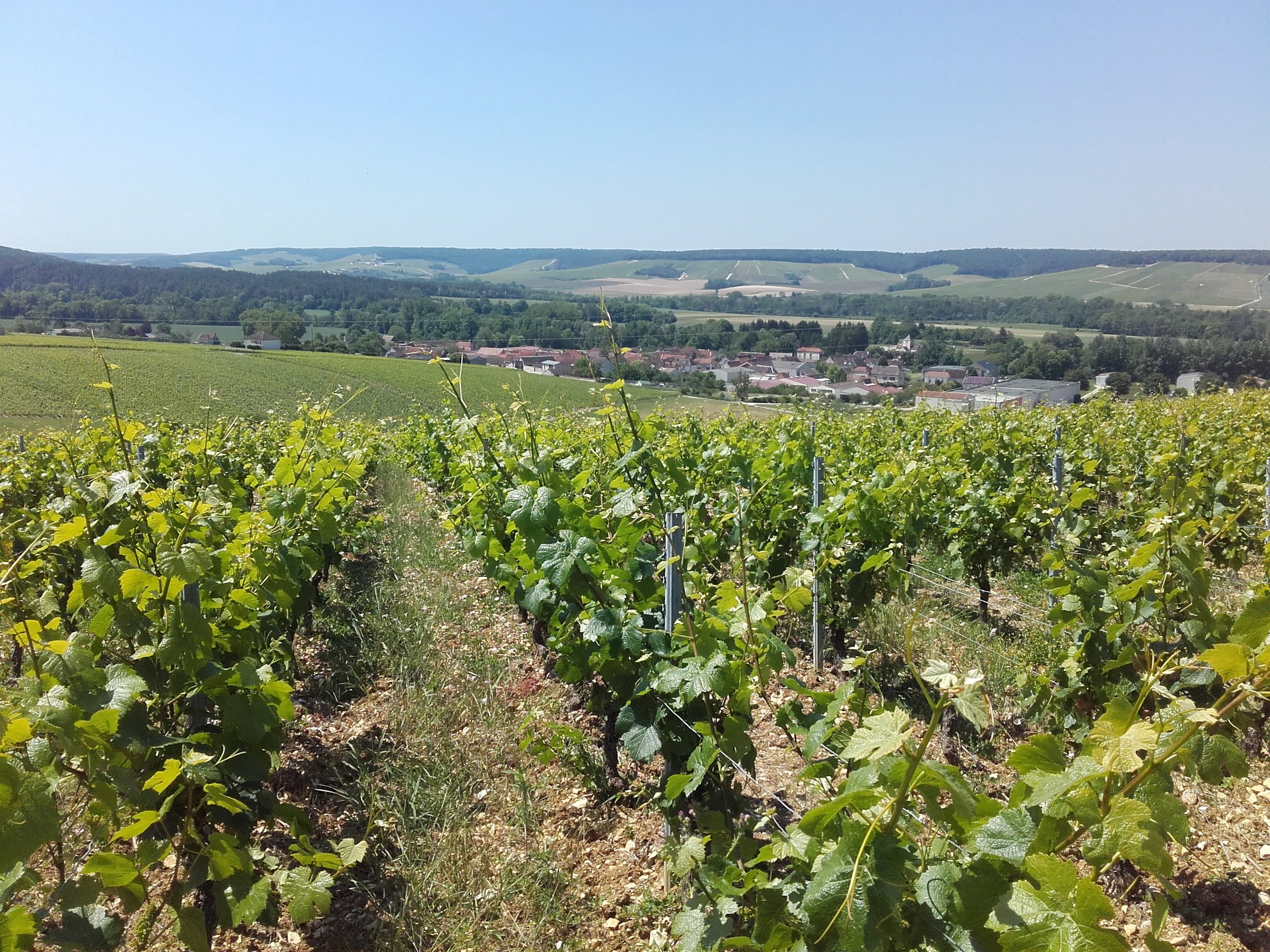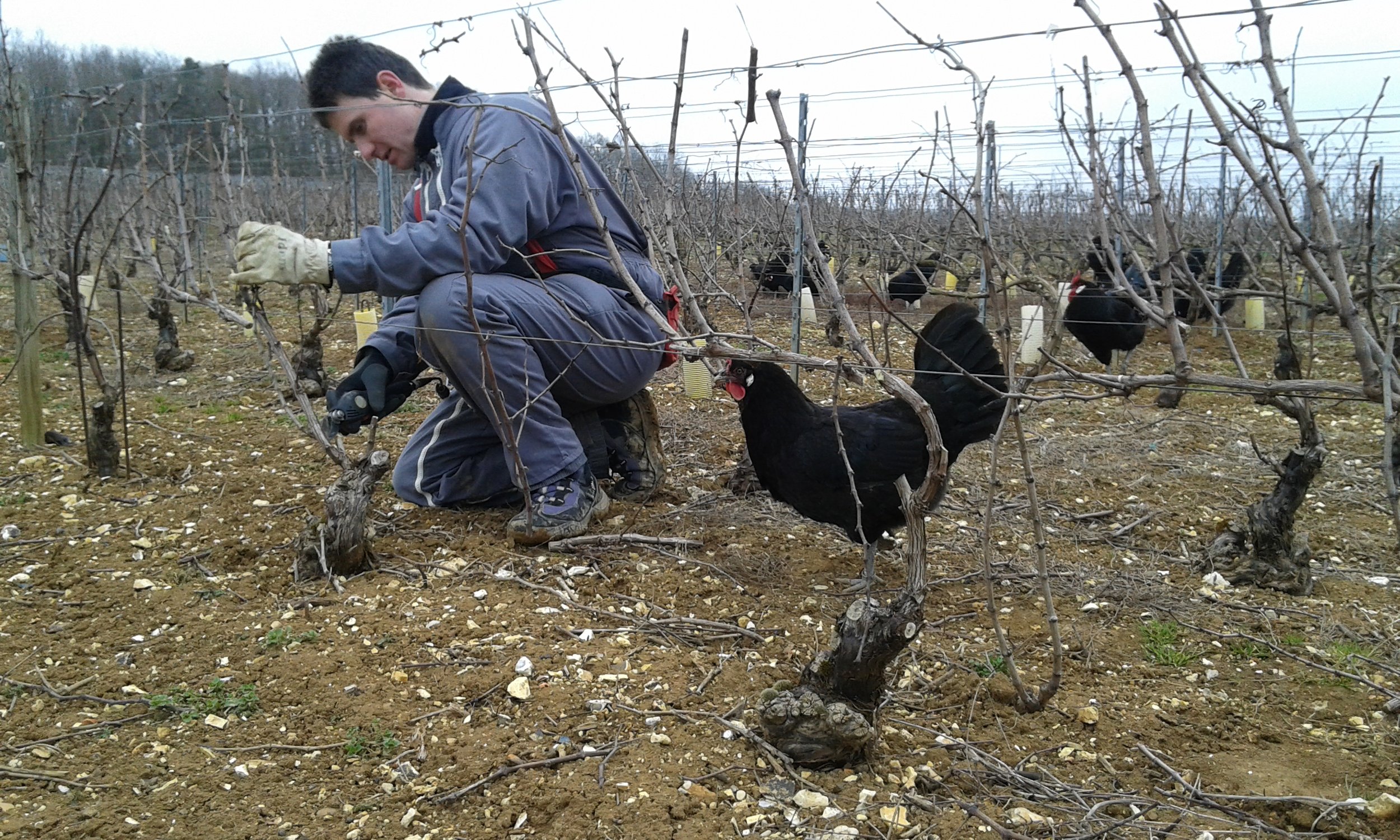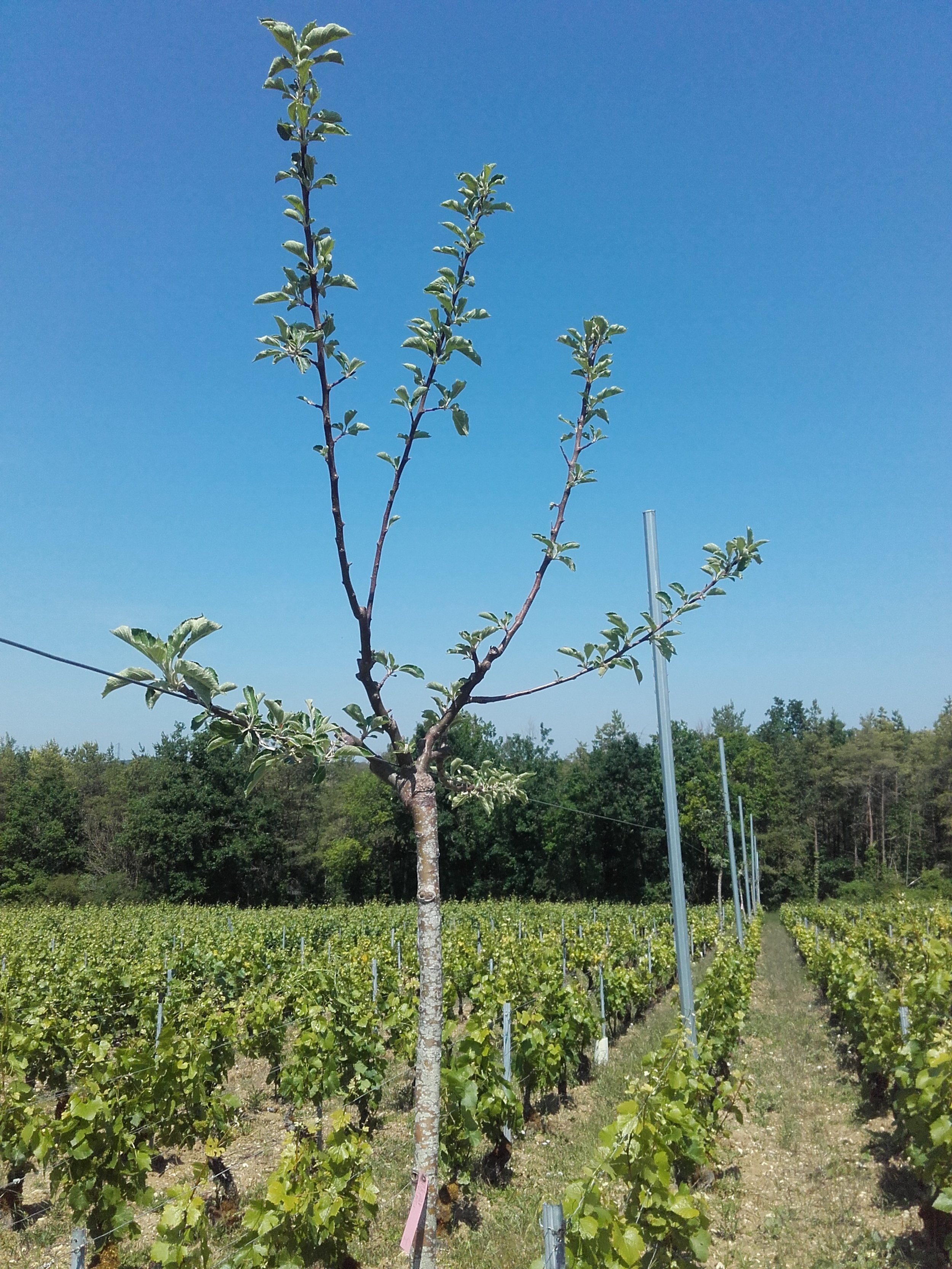VINCENT COUCHE







for vincent couche, the distance from traditional power centers has been a fount of freedom to make champagne as he sees fit. vincent comes from a third generation winemaking family, but similar to nathalie falmet, does not highlight or dwell on the family’s past but rather highlights the work the domaine is doing now. vincent took over the domaine in 1999 and began a wholesale restructuring of farming and cellar work. he first began by replanting his vineyard under the direction of terroir specialist claude bourguignon. while that name may not mean much in champagne, over the years claude has done work for a who’s who of iconic french properties and producers mostly in burgundy: domaine romanee conti, dujac, leflaive, selosse, dagueneau, and chave.
the couche family owns 32 acres of vines split between two different terroirs: there are 7 acres of chardonnay vines in montgueux (with chalky soils similar to chablis) and 25 acres of mostly pinot noir in buxeuil where the parcels mostly face south and west on steep slopes overlooking the seine river. the overarching philosophy that vincent follows is right there on the front label: his is a biodynamic production. this embrace of biodynamics has been there since the start in 1999, but certification takes time, and it wasn’t until 2008 that the domaine and the cellars were certified biodynamic. in fact, in spite of the extended timeline of the process, vincent’s cellar and fields in combination were the first to receive demeter certification in all of champagne. simply put, vincent is obsessed with his vines and the healthy soils they grow in, and is dedicated to making wines in the cellar without any additions. natural wines as a philosophy are having a moment right now, and what we have here is a delicious example of that movement. at harvest time vincent and his family pick the grapes by taste and touch, and generally harvest over a week after his neighbours in both villages. because vincent won’t add sugar to the wines, his grapes need higher sugar levels and higher levels of ripeness than is the norm. in the cool deep cellar wines are fermented and aged in oak and stainless steel without added yeast or nutrients and the wines don’t see any additions.

